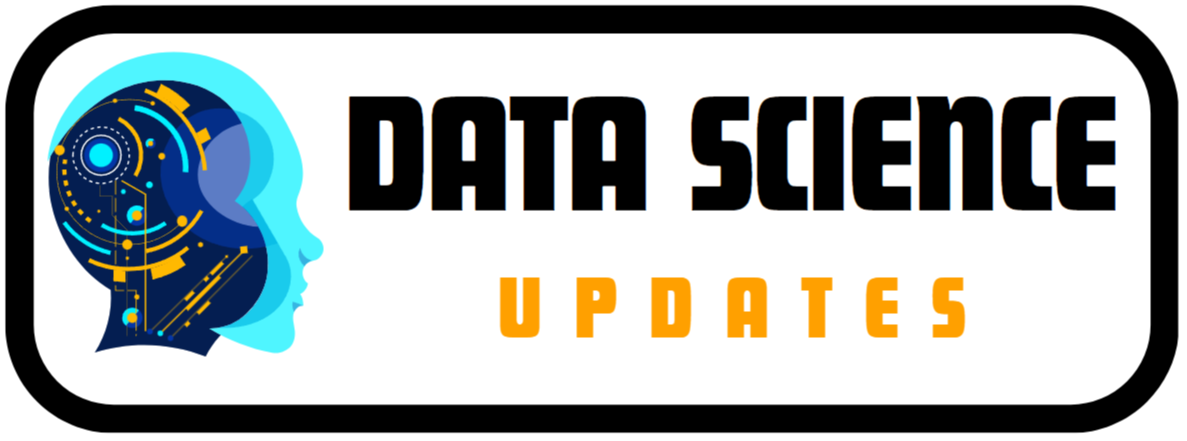
When applying for data science and data analyst positions, tailoring your resume with the right keywords is essential to pass applicant tracking systems (ATS) and to catch the eye of recruiters. Below, we break down key skills and keywords for both data scientist and data analyst roles to help you stand out in the job market.
1. Data Scientist Resume Keywords
1. Data Analysis
- Proficiency in extracting, cleaning, and analyzing data to uncover insights is a must for any data scientist. Experience with Python, R, or SQL for data manipulation is highly sought after.
- Mention statistical methods and machine learning algorithms when detailing your experience. Recruiters often look for specific tools like pandas and NumPy.
2. Machine Learning
- A strong grasp of machine learning techniques such as regression, classification, clustering, and neural networks is a key differentiator.
- Demonstrating experience in model development, evaluation, and deployment using frameworks like scikit-learn, TensorFlow, or PyTorch can significantly boost your resume. Include specific projects where you applied these technologies.
3. Data Visualization
- Communication is critical, and being skilled in data visualization can help convey complex data insights to non-technical stakeholders. Highlight your proficiency in tools like Matplotlib, Seaborn, or Tableau.
- Use terms like data storytelling, dashboards, and business intelligence when discussing your experience in presenting insights.
4. Big Data
- If you have experience working with large datasets, make sure to mention technologies like Hadoop, Spark, or Apache Flink. These tools are crucial for handling and analyzing vast amounts of data efficiently.
- Incorporating terms like distributed computing and scalability in your resume can showcase your ability to work with complex data ecosystems.
5. Problem-Solving
- Employers look for strong analytical and problem-solving skills in a data scientist. Use examples that demonstrate your ability to formulate hypotheses, conduct experiments, and iterate on solutions.
- Mention any instances where your data insights drove business outcomes or improved decision-making processes.
2. Data Analyst Resume Keywords
1. SQL (Structured Query Language)
- SQL is fundamental for data analysts. Mention your expertise in querying relational databases using SQL. Use terms like database management, SQL joins, and data extraction to demonstrate your command of the language.
- Recruiters seek familiarity with various SQL dialects (e.g., MySQL, PostgreSQL), so include specifics if possible.
2. Python/R
- Proficiency in Python or R is essential for data analysts, particularly for data cleaning, modeling, and visualization. Highlight your experience with Python libraries like pandas, Matplotlib, and Seaborn, or R packages like ggplot2.
- Emphasize your ability to automate tasks or analyze data using programming languages, making you more versatile.
3. Data Visualization
- Like data scientists, data analysts must effectively communicate their findings. Skills in Tableau, Power BI, or programming-based visualization libraries like Seaborn should be showcased.
- Use terms like visual dashboards, KPIs, and insightful charts to emphasize your ability to craft clear visual narratives.
4. Statistical Analysis
- A strong foundation in statistical analysis is crucial for any data analyst. Highlight your ability to apply techniques such as regression analysis, ANOVA, and hypothesis testing to derive actionable insights.
- Mention experience in interpreting trends and identifying patterns in large datasets to make informed recommendations.
5. Data-driven Decision Making
- Data analysts play a pivotal role in shaping organizational strategies through data-driven decision-making. Highlight your ability to guide stakeholders using evidence-based insights.
- Terms like business intelligence, predictive analytics, and decision support systems can help emphasize this skill.
Conclusion: Optimize Your Resume with the Right Keywords
In a highly competitive market, it’s crucial to tailor your resume with relevant data science and data analysis keywords. Incorporating these specific terms into your resume will help you pass ATS systems and ensure that recruiters see you as a strong fit for the role.
Whether you’re targeting a data scientist or data analyst role, mastering key areas such as machine learning, data visualization, SQL, and statistical analysis will set you apart from the competition.
